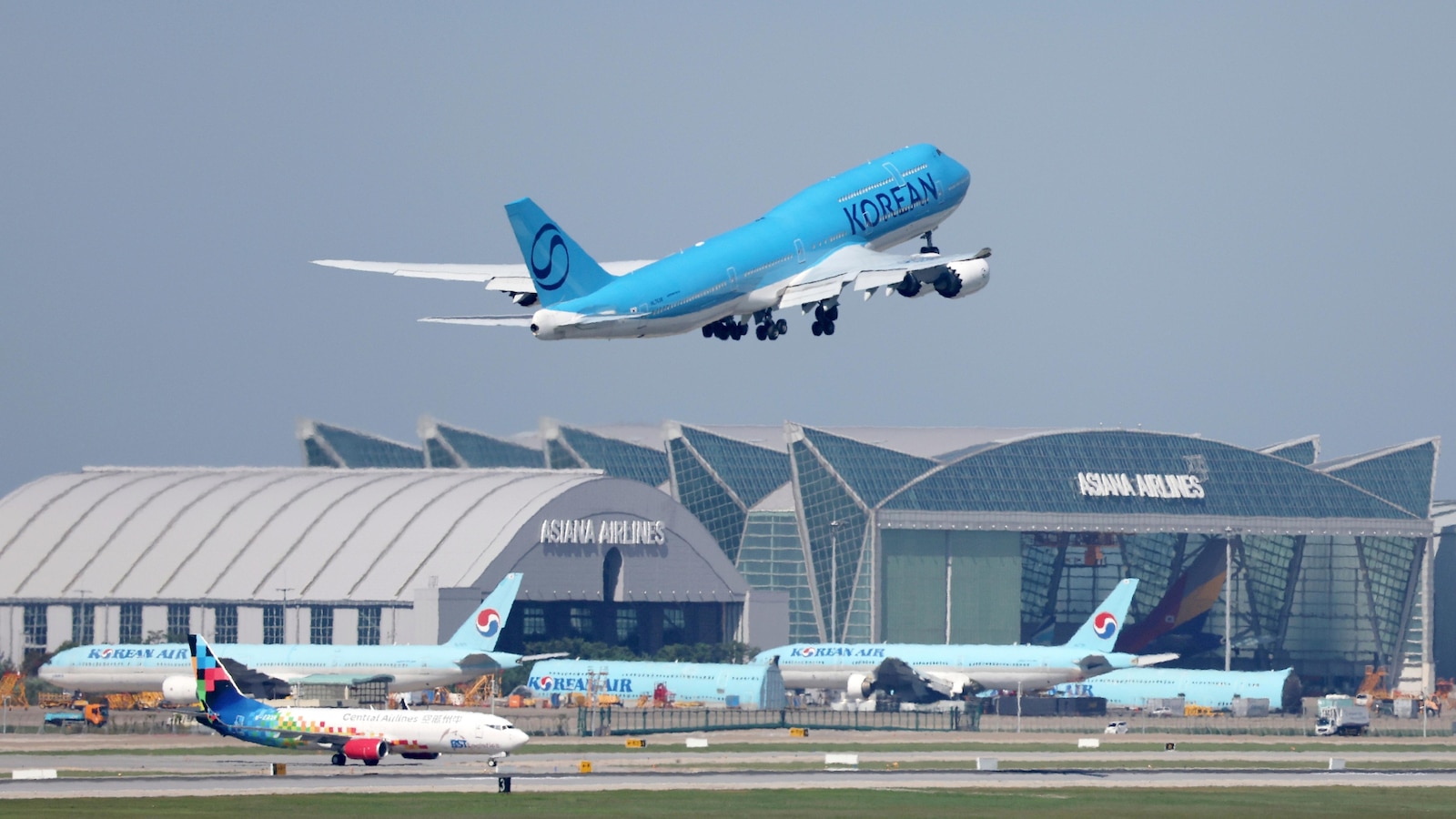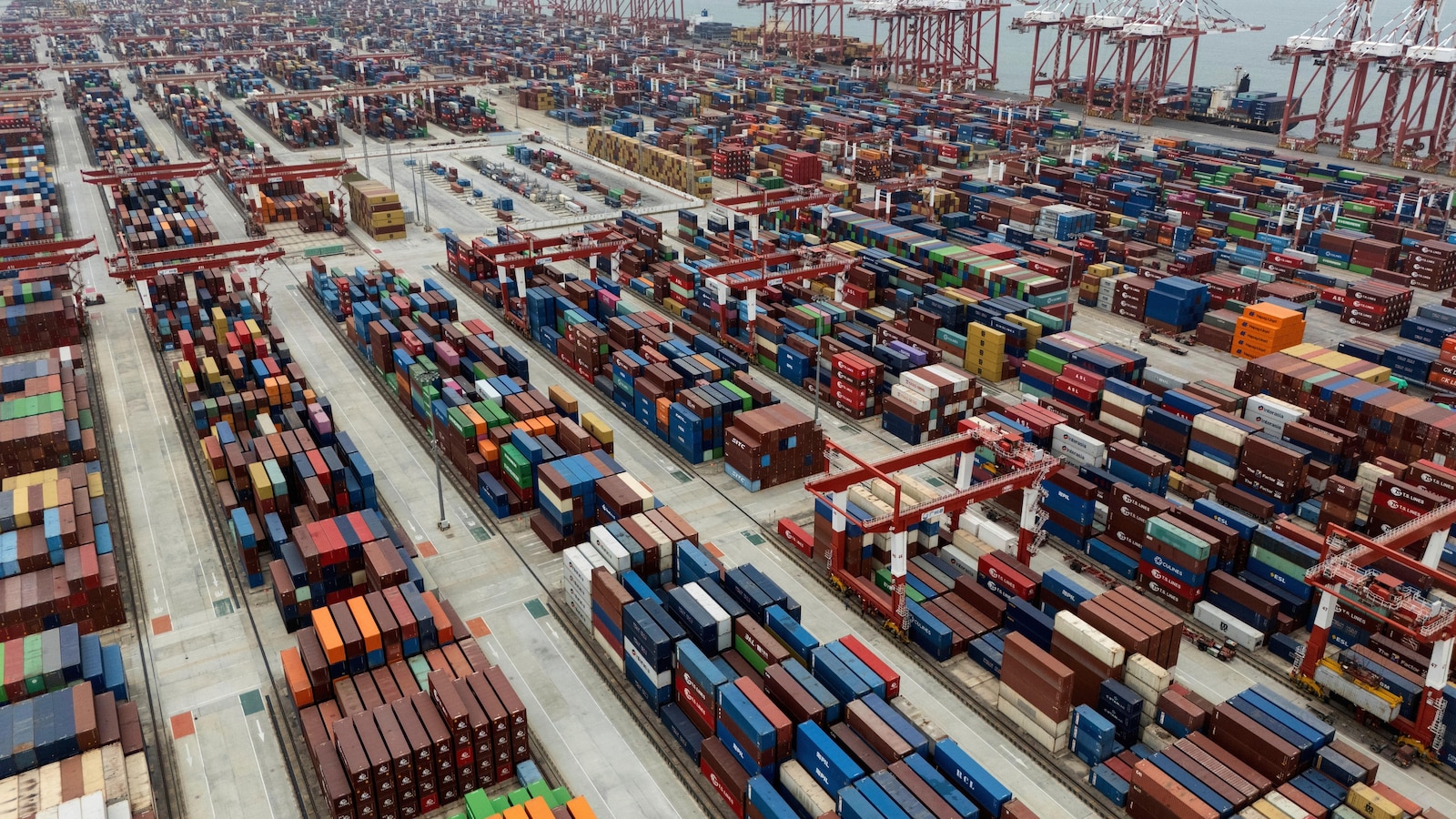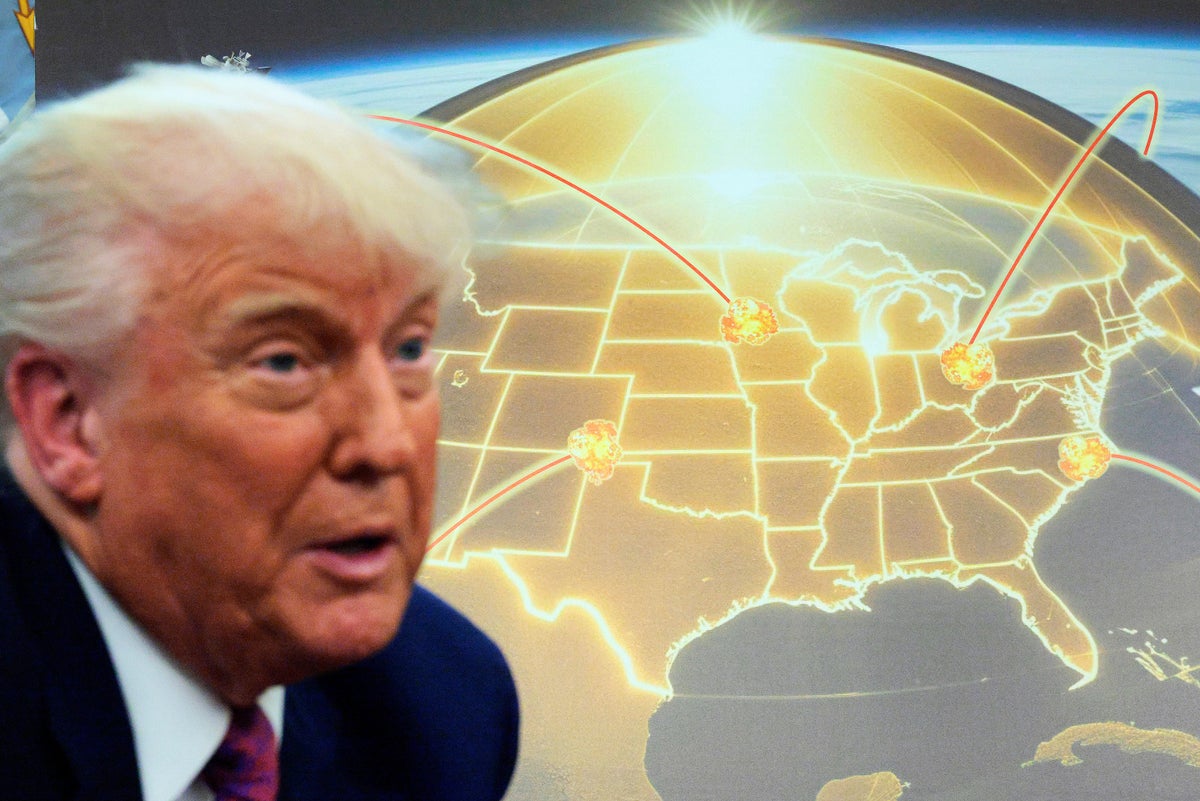In the shadows of international energy diplomacy, a complex and opaque agreement has emerged, facilitating the transit of Russian gas to China. This development not only underscores the intricate ties between the two nations but also highlights Beijing's growing influence in the partnership.
The deal, often described as murky, raises questions about transparency and the strategic motivations behind it. As the world grapples with shifting energy landscapes and geopolitical tensions, this pipeline agreement stands as a testament to China's assertive position in the global energy market.
China's thirst for energy resources is insatiable, driven by its rapid industrialization and urbanization. As the world's largest energy consumer, the nation is continually seeking to secure reliable sources of fuel to sustain its economic growth. This need has propelled China into a prominent role in negotiations with Russia, a country rich in natural gas reserves.
The pipeline deal is not merely an economic transaction; it is a reflection of the evolving dynamics in Sino-Russian relations. While Russia seeks to diversify its energy exports beyond Europe, China is keen to solidify its position as a dominant player in the Asian energy market. This mutual interest has fostered a partnership that, while beneficial to both parties, also illustrates the balance of power shifting toward Beijing.
Moreover, the intricacies of the deal reveal the underlying complexities of energy politics. The terms of the agreement, shrouded in ambiguity, hint at a broader strategy by China to leverage its economic might in negotiations. This maneuvering showcases Beijing's ability to dictate the terms of engagement, positioning itself as a key stakeholder in the region's energy future.
As the pipeline begins to transport Russian gas to Chinese markets, the implications of this partnership extend beyond mere economics. It signals a strategic alignment between two nations that share common interests in challenging Western hegemony. The energy collaboration serves as a foundation for deeper geopolitical ties, with potential repercussions for global energy security.
In conclusion, the murky pipeline deal to transport Russian gas to China epitomizes the shifting balance of power in international relations. Beijing's dominance in this relationship not only reflects its growing influence in the energy sector but also sets the stage for a new era of cooperation between two formidable nations. As the world watches, the implications of this partnership will undoubtedly resonate far beyond the borders of China and Russia, shaping the future of global energy dynamics.


















































 English (US) ·
English (US) ·